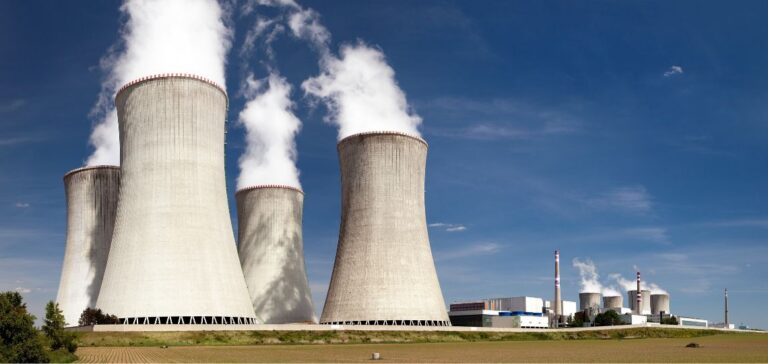The recent global conference, hosted by Sama Bilbao y León of the World Nuclear Association, marked a turning point with the announcement of an international commitment to triple nuclear capacity by 2050. This ambitious initiative reflects a strategic response to the energy insecurity exacerbated by current geopolitical tensions.
The challenges of nuclear expansion
According to ČEZ‘s Bohdan Zronek, achieving this goal will require a considerable increase in all components of the nuclear value chain. The estimated construction of 40 GWe of new nuclear capacity each year poses a major challenge, requiring the construction of around twenty large reactors and seventy SMRs annually.
Innovation and technological development
The conference also underlined the crucial importance of innovation and new technologies to support this expansion. Improving processes from uranium ore extraction to fuel fabrication is essential to meet the sector’s high expectations.
Uranium market dynamics and strategic collaborations
Kazatomprom, a major player in the market, via Dastan Kosherbayev, explained how joint ventures and strategic partnerships strengthen Kazakhstan’s position as a reliable supplier on the international uranium market. These strategic alliances are vital to the sustainability and reliability of the global nuclear energy supply.
The uranium market and geopolitical challenges
The current geopolitical context and possible sanctions against Russian uranium supplies underline the urgency of collaborative international initiatives to balance energy security and geopolitical stability. The emergence of new players in the market is essential for the sustainable growth of the sector.
The WNFC 2024 conference highlighted the complex challenges and opportunities facing the nuclear sector as it faces an urgent need for expansion. Collaboration and innovation are crucial to overcoming these challenges and ensuring a sustainable future for nuclear energy.






















